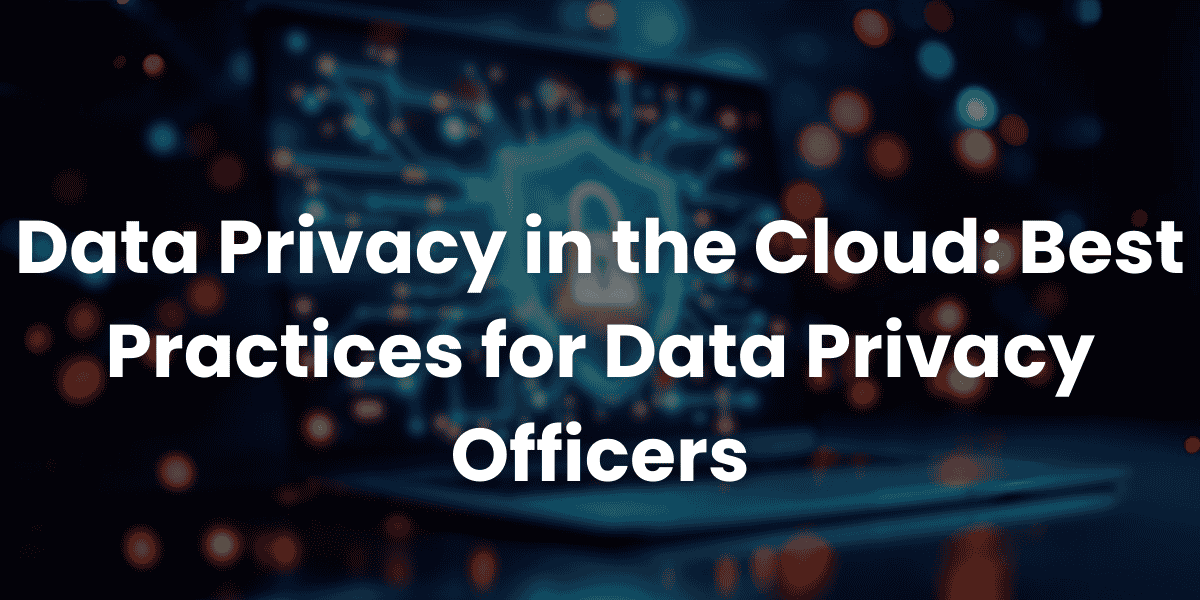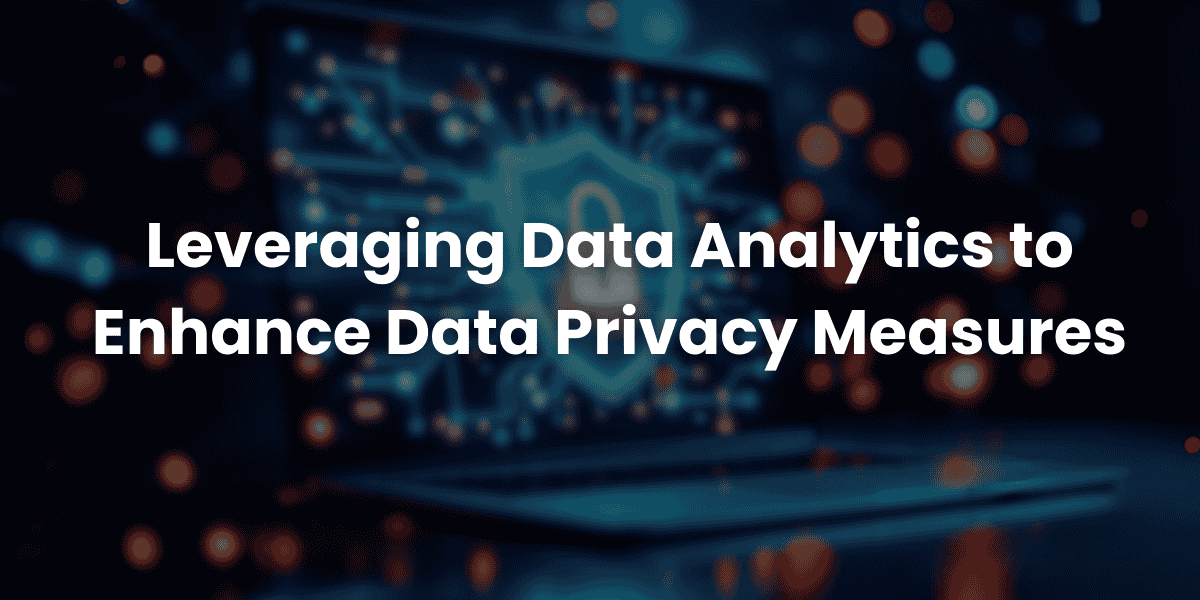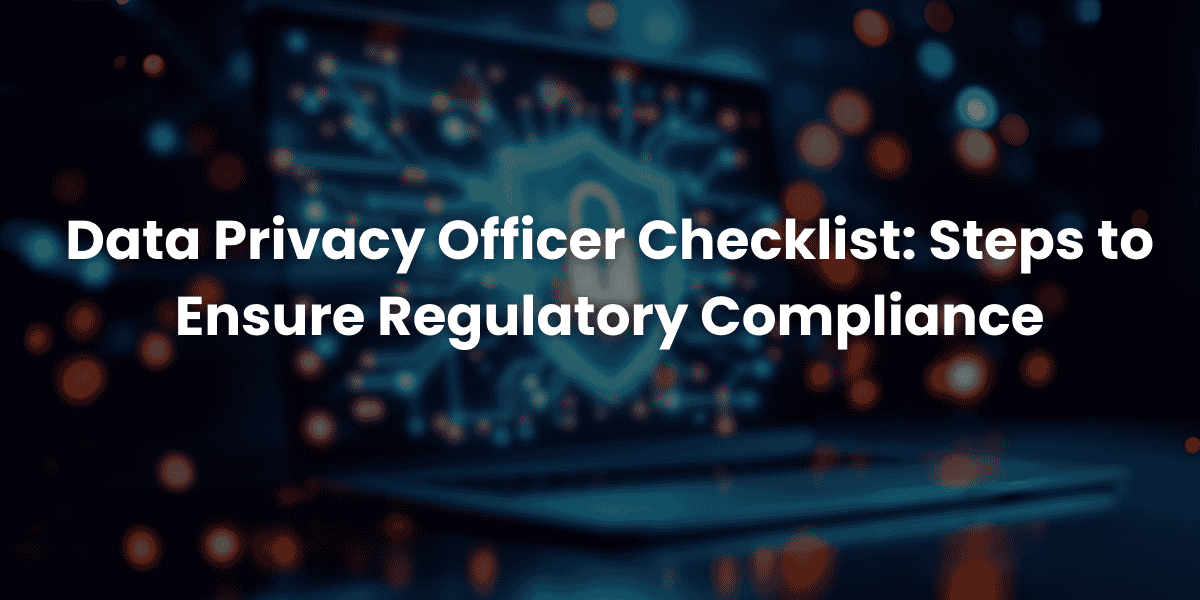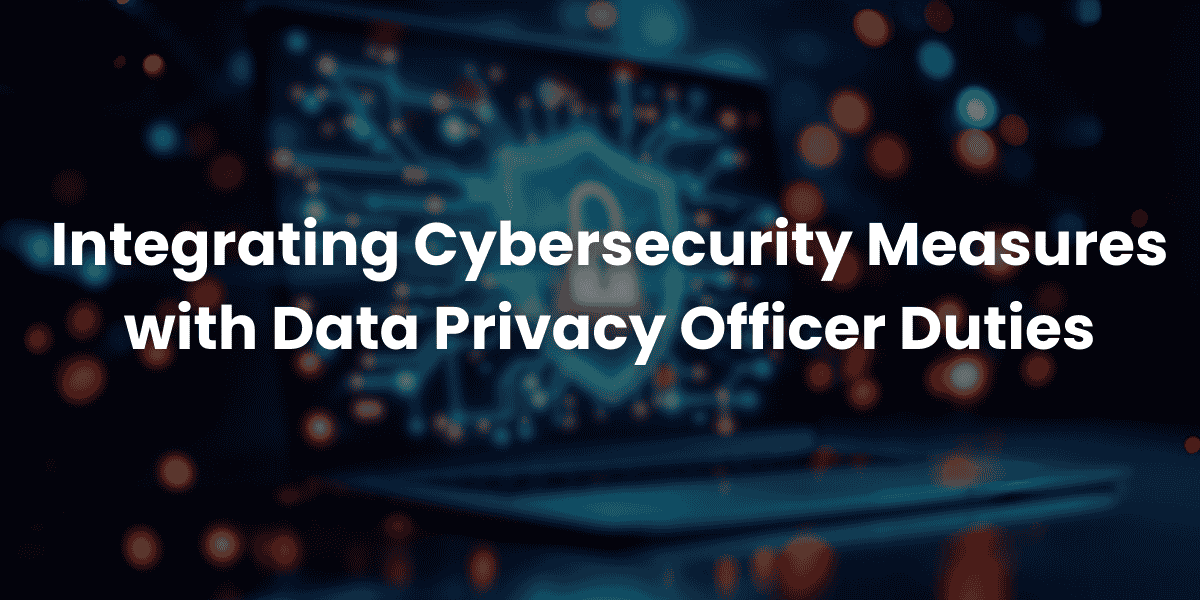In today’s data-driven world, organizations must prioritize the protection of personal information to maintain trust and comply with regulations. A Data Privacy Officer plays a pivotal role in designing and implementing a robust data privacy program. This article provides actionable tips for Data Privacy Officers to build a comprehensive and effective privacy framework.
1. Start with a Clear Vision and Objectives
A Data Privacy Officer should begin by defining the goals and objectives of the data privacy program. This includes aligning the program with the organization’s mission, regulatory requirements, and stakeholder expectations. A clear vision ensures that the program remains focused and impactful.
2. Conduct a Comprehensive Data Inventory
A Data Privacy Officer must conduct a thorough inventory of all personal data collected, stored, and processed by the organization. This includes identifying data sources, categories, and purposes. A detailed data inventory helps identify risks and ensures compliance with data minimization principles.
3. Develop Strong Privacy Policies
A robust data privacy program requires clear and enforceable privacy policies. A Data Privacy Officer ensures that these policies outline how personal data is collected, used, shared, and protected. Transparency in policies builds trust with customers and demonstrates compliance with regulations.
4. Implement Privacy by Design Principles
A Data Privacy Officer integrates privacy by design into the organization’s operations. This involves embedding data protection measures into products, services, and systems from the outset. By prioritizing privacy during the design phase, the Data Privacy Officer reduces risks and enhances compliance.
5. Train Employees on Privacy Best Practices
Employee awareness is critical to the success of any data privacy program. A Data Privacy Officer provides regular training sessions to educate staff about privacy best practices. Topics include recognizing phishing attempts, securing devices, and handling sensitive information responsibly. Training fosters a culture of accountability and reduces human error.
6. Monitor Third-Party Vendors
Many organizations rely on third-party vendors to process or store personal data. A Data Privacy Officer ensures that these partners adhere to the organization’s data protection standards. This includes reviewing contracts, conducting audits, and verifying compliance with privacy agreements. Monitoring third-party vendors mitigates risks associated with external data handling.
7. Establish Incident Response Protocols
A Data Privacy Officer develops and implements incident response protocols to address data breaches and other privacy incidents. These protocols outline steps for containment, investigation, notification, and recovery. A well-prepared Data Privacy Officer ensures that the organization can respond swiftly and effectively to incidents.
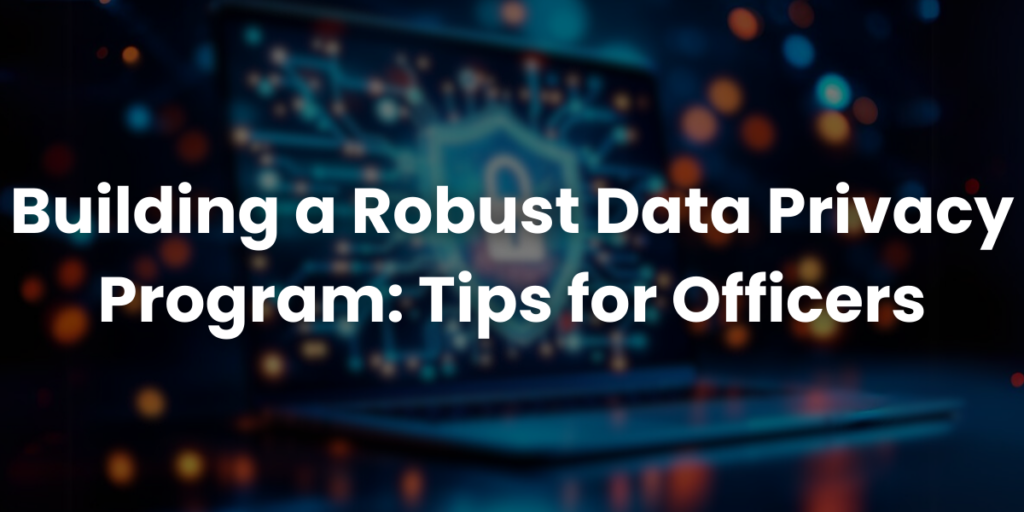
8. Leverage Technology for Enhanced Security
A Data Privacy Officer leverages advanced technologies such as encryption, anonymization, and data loss prevention tools to enhance security. These technologies help protect personal data from unauthorized access and cyberattacks, ensuring that sensitive information remains secure.
9. Conduct Regular Audits and Assessments
A Data Privacy Officer conducts regular audits and privacy impact assessments to evaluate the effectiveness of the data privacy program. These evaluations help identify areas for improvement and ensure that the program remains aligned with evolving regulations and organizational needs.
10. Foster a Culture of Privacy Awareness
A Data Privacy Officer fosters a culture of privacy awareness within the organization. This involves encouraging employees to prioritize data protection in their daily activities and emphasizing the importance of safeguarding personal information. A proactive approach helps reduce risks and reinforces the organization’s commitment to privacy.
Conclusion: The Role of a Data Privacy Officer in Building a Strong Privacy Program
Building a robust data privacy program is essential for protecting sensitive information and maintaining compliance with regulations. A skilled Data Privacy Officer ensures that the program addresses regulatory requirements, protects personal data, and fosters trust with stakeholders. By following these tips, a Data Privacy Officer not only safeguards the organization’s data but also positions it for long-term success in an increasingly privacy-conscious world.


